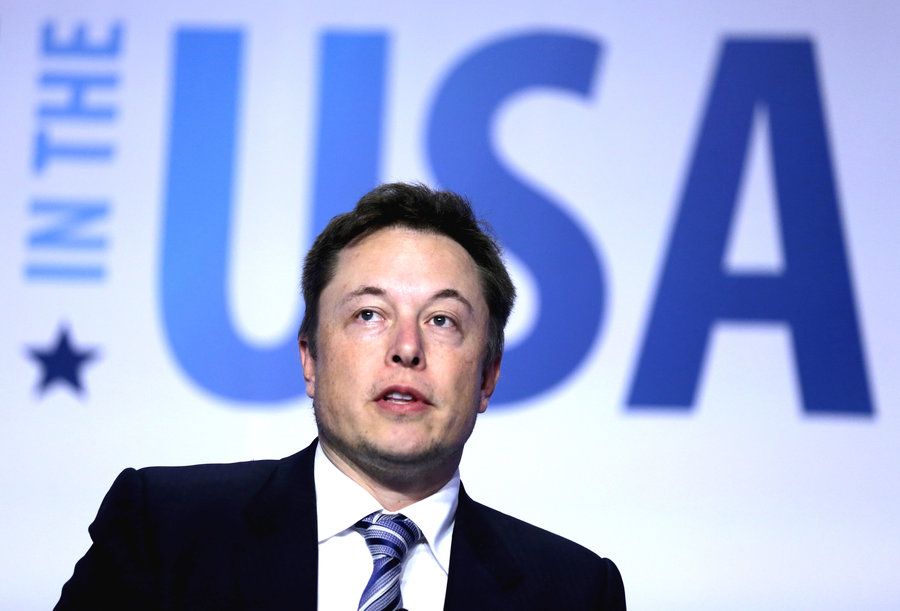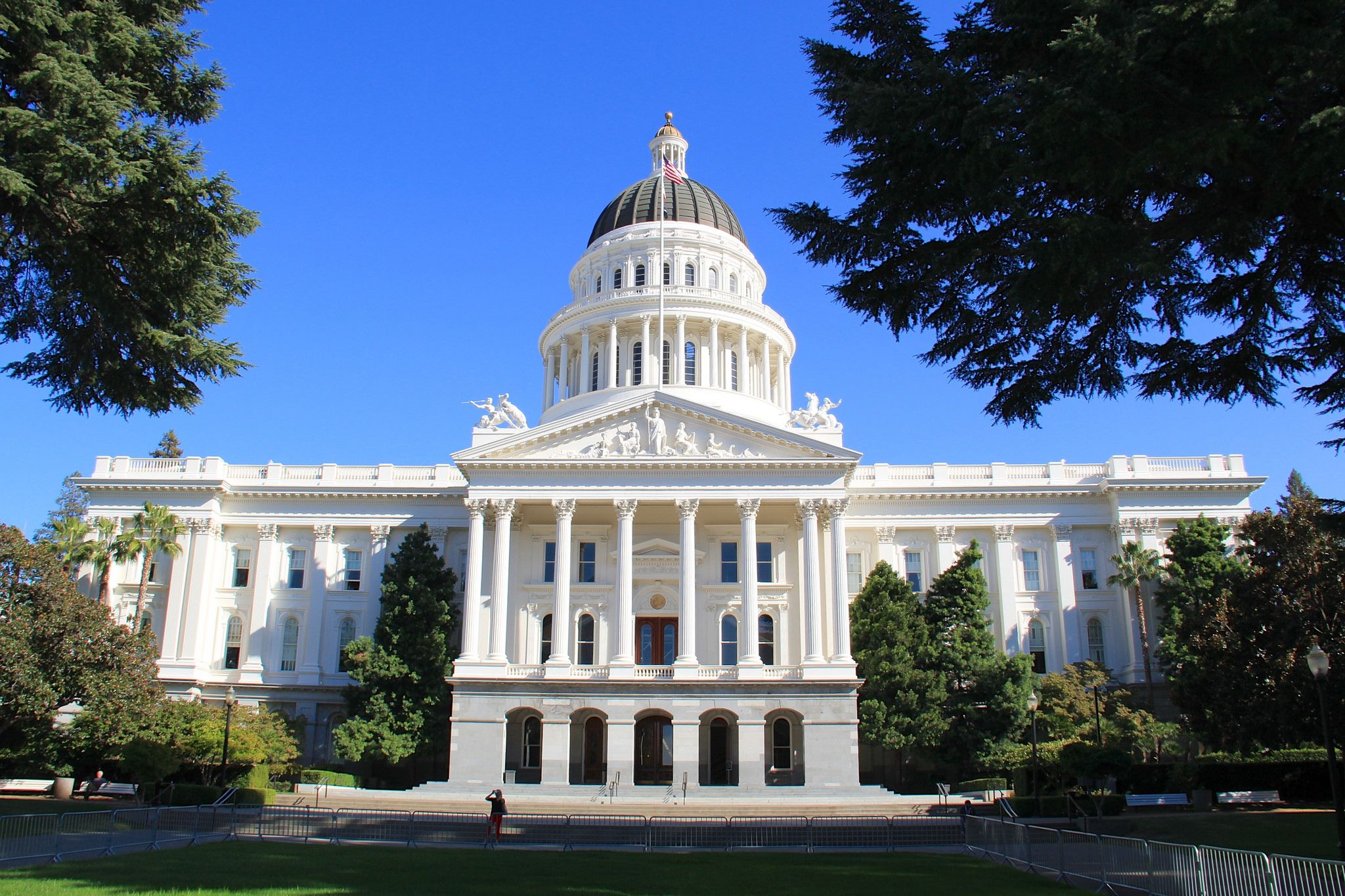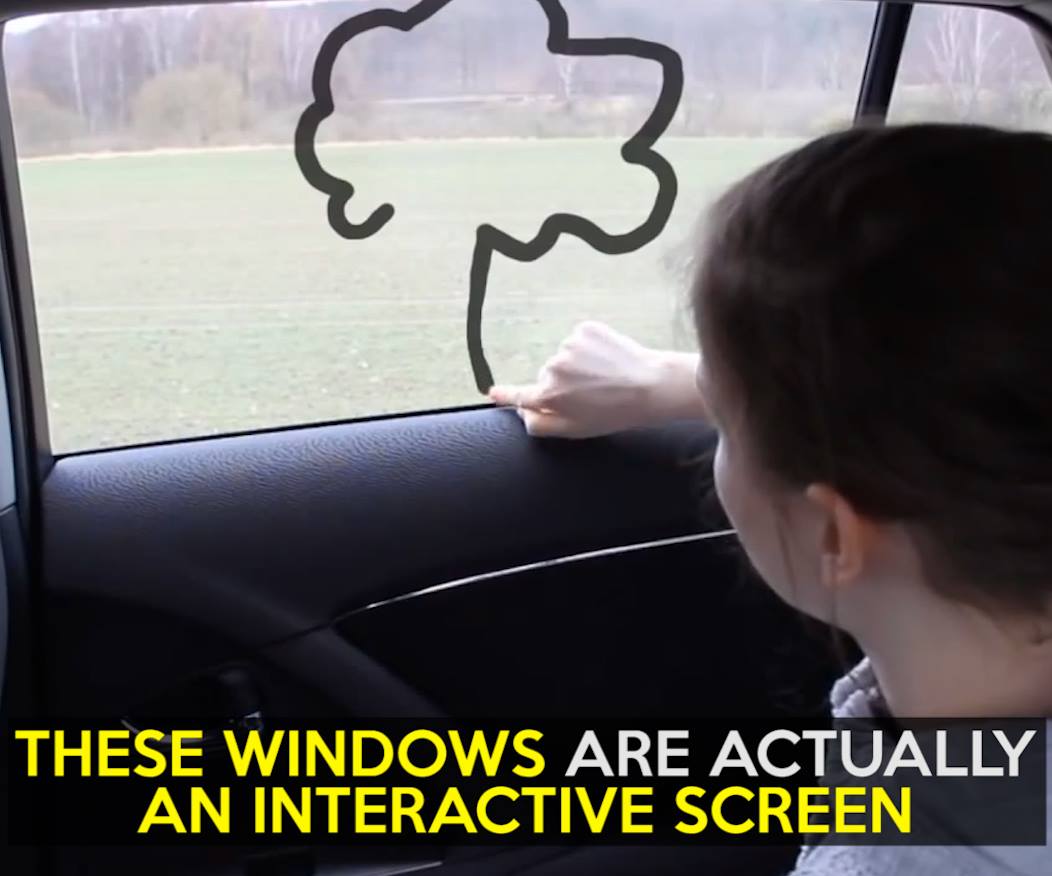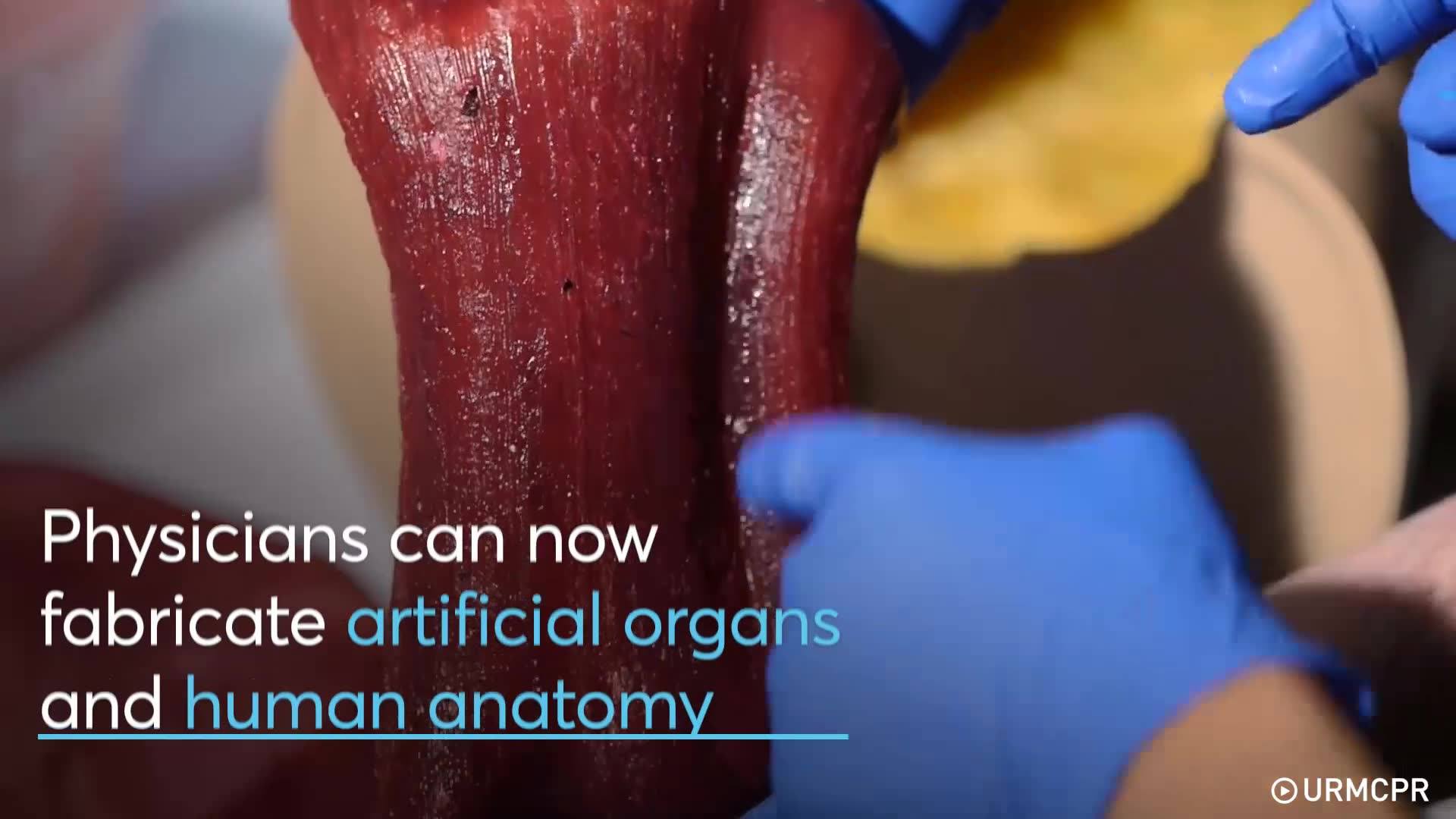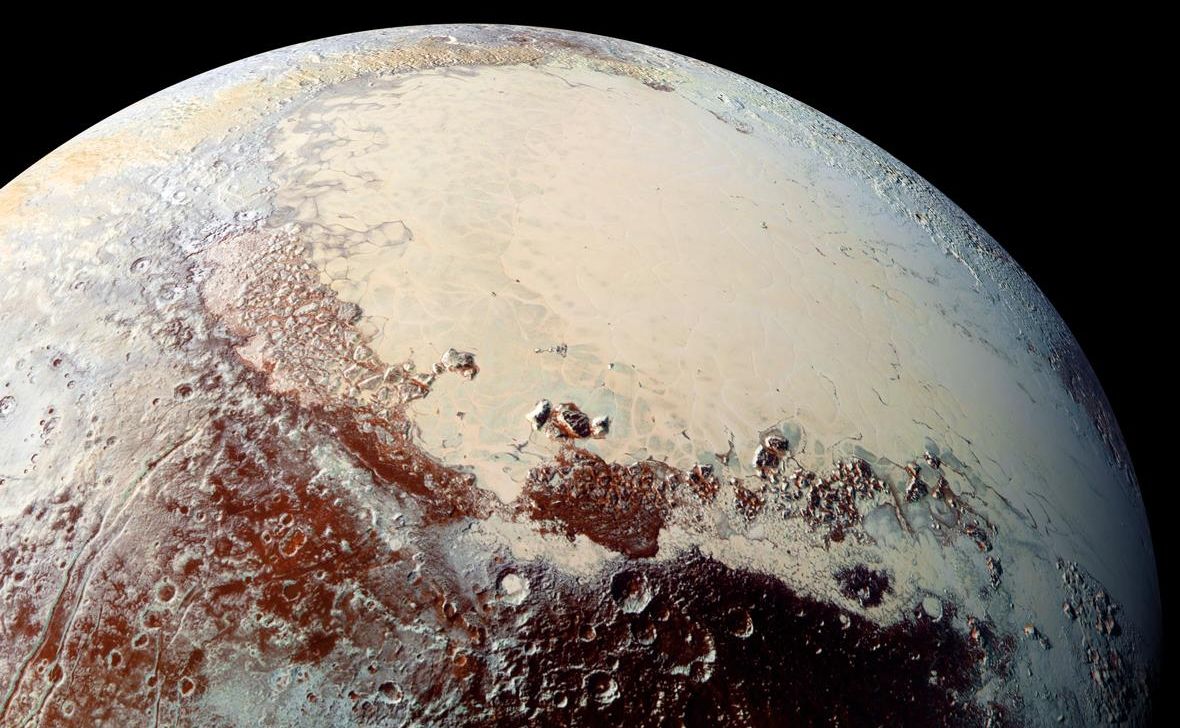Page 10528
Feb 12, 2017
Why Elon Musk Thinks Universal Basic Income Is Inevitable
Posted by Shane Hinshaw in categories: economics, Elon Musk, employment, government
Elon Musk shared his thoughts on the future of jobs and the government’s role in a rapidly changing society.
Feb 12, 2017
Zoltan Istvan, who advocates radical technology, hopes to be governor of California
Posted by Zoltan Istvan in categories: economics, futurism
Here’s my official announcement/OpEd article via Newsweek for running for California Governor as a Libertarian. Thanks for reading it!
Futurist Zoltan Istvan believes California could become the world’s largest economy.
Feb 12, 2017
Cell Death Might Be Reversible, and Scientists Are Trying to Find Out Why
Posted by Shane Hinshaw in category: biotech/medical
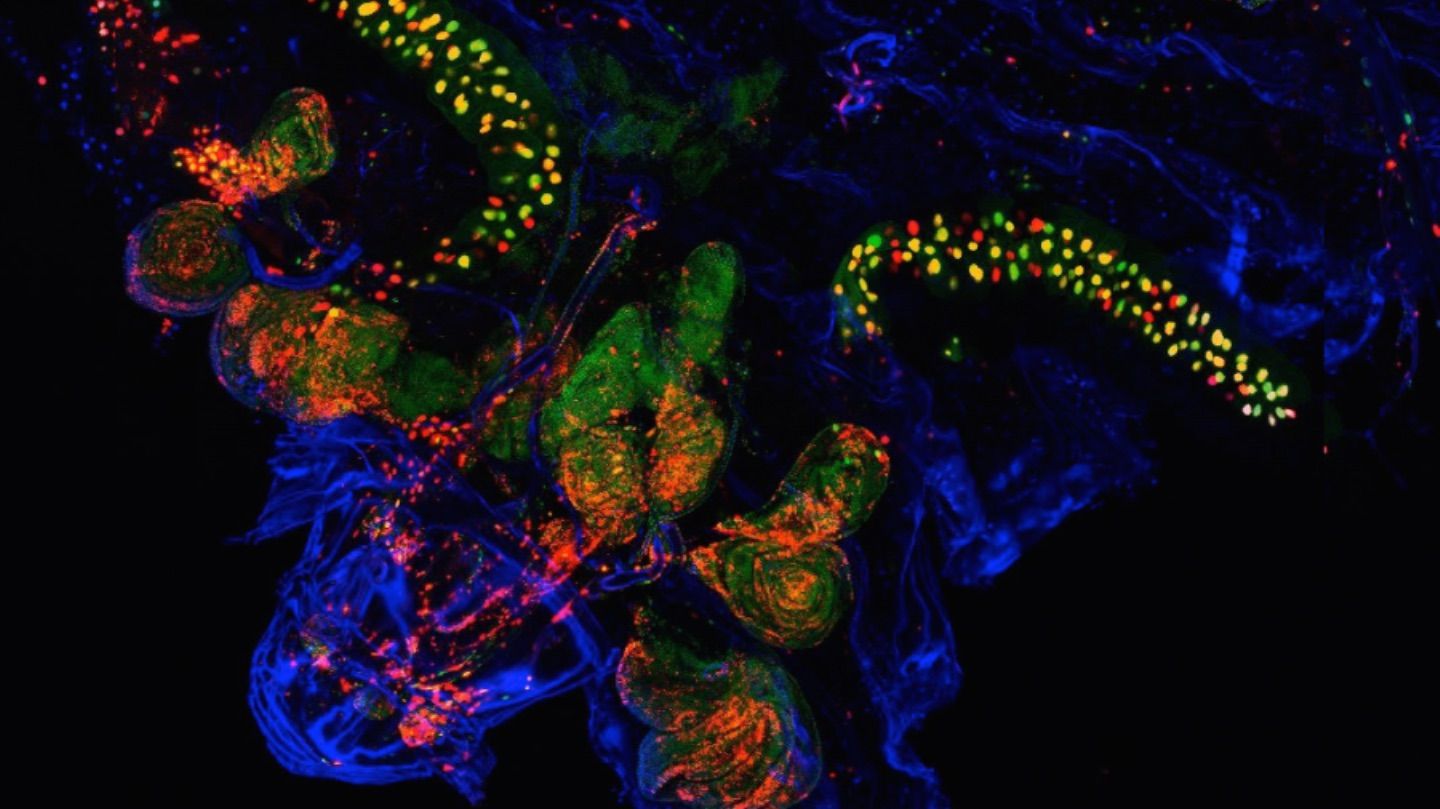 It tells us something important about cancer.
It tells us something important about cancer.
A mysterious cell process named anastasis (Greek for “rising to life”) challenges our idea of life being a linear march towards death, and suggests that cell death can actually be reversed under certain conditions—essentially allowing cells to un-die.
Even as the cell is shrivelling up in response to radiation, toxins, or other stresses, it can in some cases undo the dying process and repair itself if the stress is taken away before the cell is completely gone, said cell biologist Denise Montell of the University of California, Santa Barbara.
Continue reading “Cell Death Might Be Reversible, and Scientists Are Trying to Find Out Why” »
Feb 12, 2017
These windows are actually an interactive screen
Posted by Shane Hinshaw in category: futurism
Feb 12, 2017
3D Printed Artificial Organs
Posted by Shane Hinshaw in categories: 3D printing, biotech/medical
Feb 12, 2017
Distributed Objective Consensus: Beyond POW & POS
Posted by Philip Raymond in categories: bitcoin, computing, cryptocurrencies, economics, innovation, privacy, software
At the heart of Bitcoin or any Blockchain ledger is a distributed consensus mechanism. It’s a lot like voting. A large and diverse deliberative community validates each, individual user transaction, ownership stake or vote.
But a distributed consensus mechanism is only effective and faithful if the community is impartial. To be impartial, voters must be fairly separated. That is, there must be no collusion enabled by concentration or hidden collaboration. They must be separated from the buyer and seller; they must be separated from the big stakeholders; and they must be separated from each other. Without believable and measurable separation, all sorts of problems ensue. 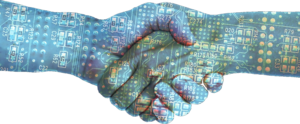 One problem that has made news in the Bitcoin word is the geographical concentration of miners and mining pools.
One problem that has made news in the Bitcoin word is the geographical concentration of miners and mining pools.
A distributed or decentralized transaction validation is typically achieved based on Proof-of-Work (POW) or Proof-of-Stake (POS). [explain]. But in practice, these methodologies exhibit subtle problems…
The problem is that Proof-of-Work can waste an enormous amount of energy and both techniques result in a concentration of power (either by geography or by special interest) — rather than a fair, distributed consensus.
Continue reading “Distributed Objective Consensus: Beyond POW & POS” »
Feb 12, 2017
A Vision to Bootstrap the Solar System Economy
Posted by Klaus Baldauf in categories: 3D printing, biological, economics, information science, robotics/AI, space, transportation
Early probes are one thing, but can we build a continuing presence among the stars, human or robotic? An evolutionary treatment of starflight sees it growing from a steadily expanding presence right here in our Solar System, the kind of infrastructure Alex Tolley examines in the essay below. How we get to a system-wide infrastructure is the challenge, one analyzed by a paper that sees artificial intelligence and 3D printing as key drivers leading to a rapidly expanding space economy. The subject is a natural for Tolley, who is co-author (with Brian McConnell) of A Design for a Reusable Water-Based Spacecraft Known as the Spacecoach (Springer, 2016). An ingenious solution to cheap transportation among the planets, the Spacecoach could readily be part of the equation as we bring assets available off-planet into our economy and deploy them for even deeper explorations. Alex is a lecturer in biology at the University of California, and has been a Centauri Dreams regular for as long as I can remember, one whose insights are often a touchstone for my own thinking.
By Alex Tolley
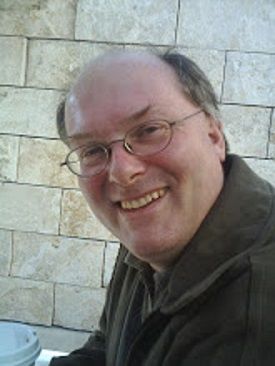
A revolutionary new concept for a fusion powered rocket could not only deliver an orbiter to Pluto but a lander too!
This video represents a research study with…in the NASA Innovative Advanced Concepts (NIAC) program. NIAC is a visionary and far-reaching aerospace program, one that has the potential to create breakthrough technologies for possible future space missions. However, such early stage technology development may never become actual NASA missions. For more information about NIAC, visit: www.nasa.gov/niac.
Feb 12, 2017
Scientists Use Nanotechnology to Create a Super-Fast ‘Biological Computer’
Posted by Klaus Baldauf in categories: biological, mathematics, nanotechnology, supercomputing
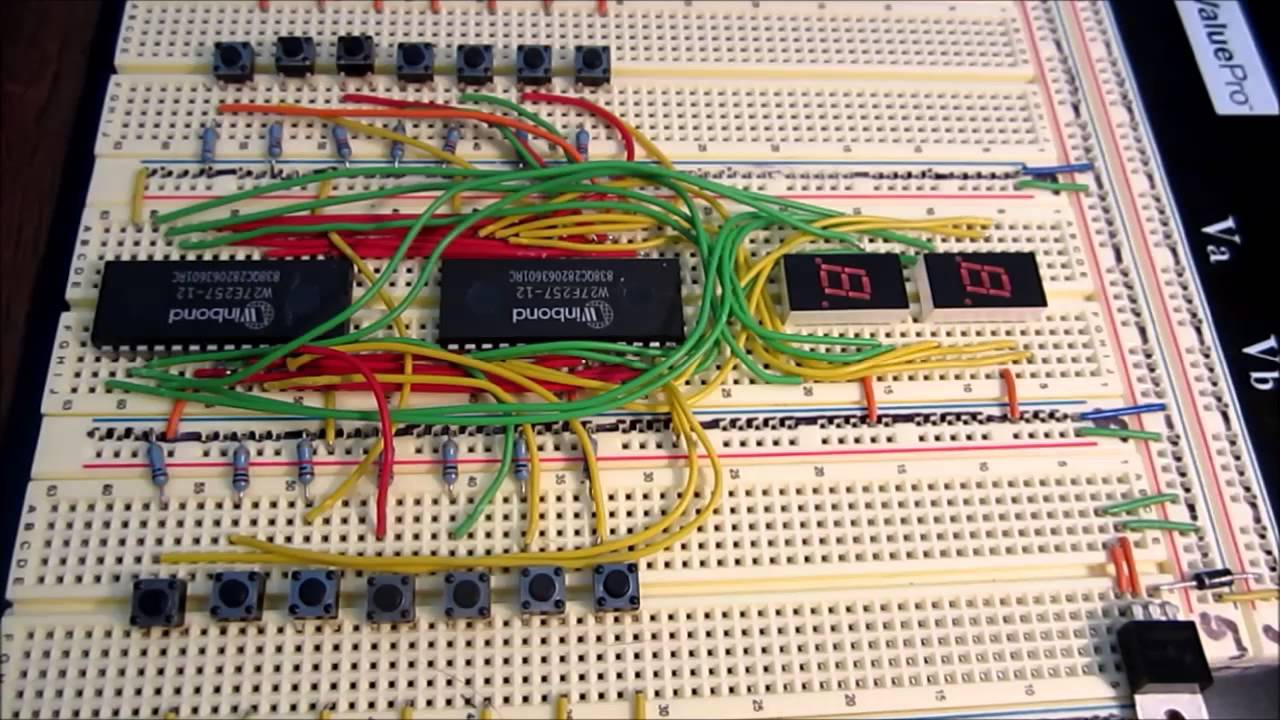
In Brief:
Researchers found a new “supercomputer” using nanotechnology. These biocomputers can solve mathematical problems faster, and they are more energy efficient.
Continue reading “Scientists Use Nanotechnology to Create a Super-Fast ‘Biological Computer’” »

